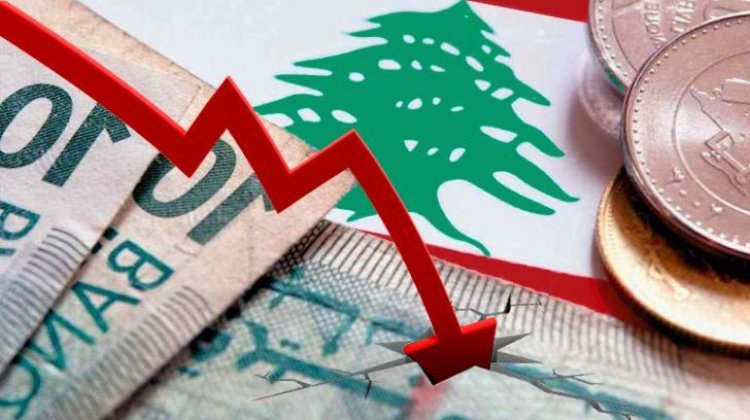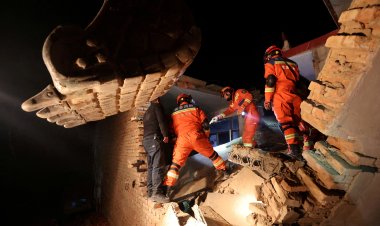The black economy...the state's treasure buried far from official procedures

Many citizens were able to build their own institutions and economic empires, away from the regulatory decisions of the state, which is called the black economy.
The black economy is called by several names, such as the shadow economy, the parallel economy, the informal economy, or the buried economy, which is the commercial, industrial, and investment activity that is carried out outside of official records.
Reasons for the emergence of the black economy
The black or informal economy arose as a result of the activity of a number of individuals or small entities, and the public recognized the products and trade of these individuals and entities, without regard to official supervisory or health procedures, and their mechanism of operation is governed by custom.
The difficulty of implementing government decisions and their official requirements is the first motive for the spread of parallel economy activity, especially if the activity existed before the issuance of regulatory decisions by the government that the project owner may see as conflicting with the continuation of achieving the profit to which he is accustomed.

The size of the black economy
As a result of the above, we see that the entrepreneur works far from the eyes of the state, and penetrates into homes and villages, with the help of the public who obtains a product that is not burdened with supervisory and regulatory burdens, such as taxes, permits, approvals, and the necessary fees.
The size of the shadow economy cannot be underestimated. In developed countries that are supposed to have tight systems that are difficult to circumvent, the size of the shadow economy ranges between 10 and 25% of the national product.
For example, the size of this economy in Italy is about 23% of the national product, and this percentage drops to 13% in France, and 10% in Britain, which are huge amounts compared to the economies of these countries.
As for developing countries, the percentage of the shadow economy may exceed 50%, and in some African countries this percentage may exceed 70%. Estimating the size of the shadow economy is very difficult, as it is, by definition, outside the governmental framework. It is subject to many estimates, and is calculated in ways that They often produce different data and numbers.

The black economy...the scourge of developing countries
Studies have shown that growth rates of the shadow economy are higher in developing countries than in developed countries. This may be due to several reasons, including the spread of unfair tax systems in these countries, which push individuals and enterprises to search for tricks to evade taxes, and lead them to the hidden economy.
Problems, such as low wages and the high rate of individuals’ contributions to social insurance and retirement pensions, may push citizens of developing countries to search for hidden, informal jobs from which they earn amounts greater than what they obtain in formal jobs or those subject to income taxes and various social insurance premiums.


 Shrouq
Shrouq 












